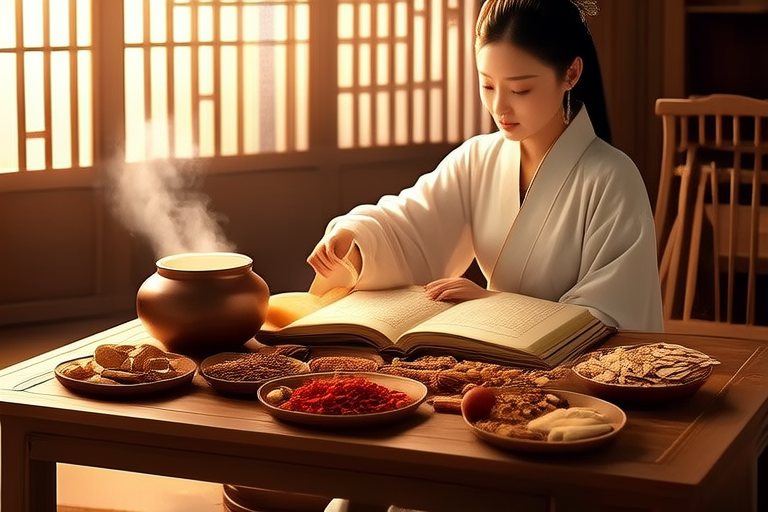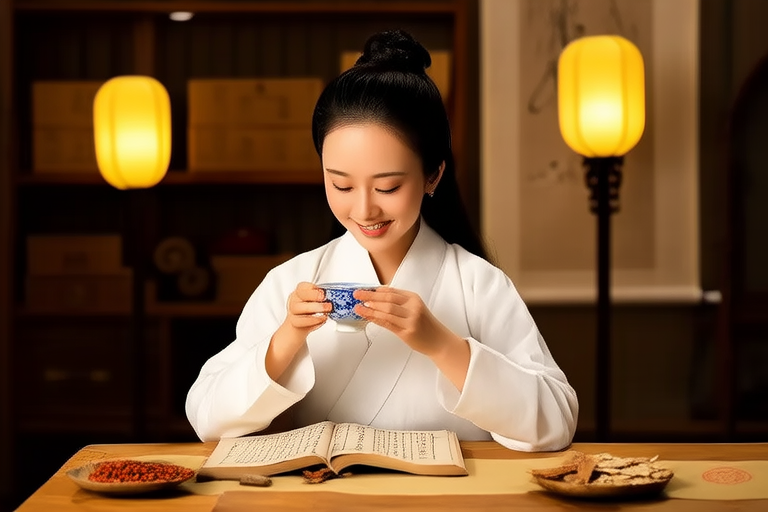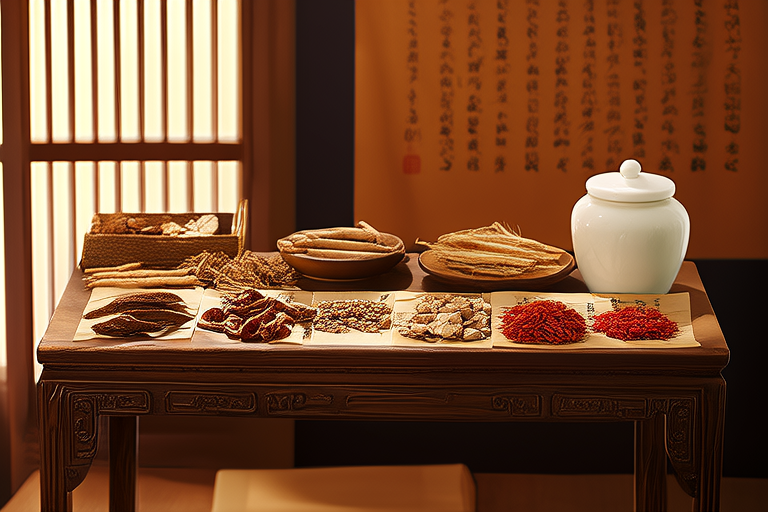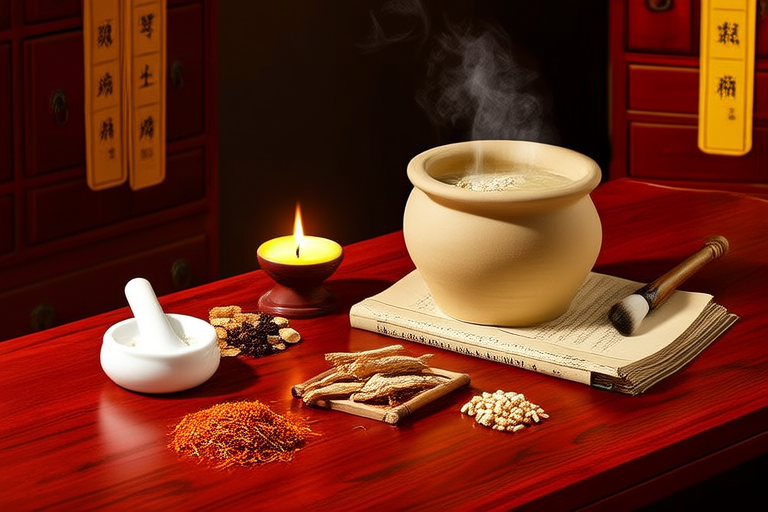Harmonizing Body and Mind: The Art of Health Preservation in Traditional Chinese Medicine
Introduction
In a world increasingly driven by fast-paced lifestyles and modern medical advancements, the ancient wisdom of Traditional Chinese Medicine (TCM) offers a refreshing perspective on health and well-being. At the heart of TCM lies the concept of health preservation, a holistic approach that emphasizes the interconnectedness of body and mind. Unlike Western medicine, which often focuses on treating symptoms after illness arises, TCM prioritizes prevention and balance as the foundation of good health. This philosophy is rooted in the belief that maintaining harmony within oneself and with the environment is essential for vitality and longevity. By nurturing both physical and mental aspects of life, TCM provides timeless strategies for achieving optimal health.
Main Body
The Principle of Qi: Energy Flow and Vitality
Central to TCM is the concept of Qi (pronounced “chee”), often translated as “life energy” or “vital force.” Qi flows through the body along pathways known as meridians, nourishing organs, tissues, and systems. When Qi is abundant and flows freely, individuals experience vitality, mental clarity, and emotional stability. Conversely, blockages or deficiencies in Qi can lead to fatigue, illness, and emotional imbalance. Practices such as acupuncture, tai chi, and qigong are designed to enhance and regulate Qi flow, promoting overall well-being. For example, incorporating gentle exercises like tai chi into daily routines can help improve circulation, reduce stress, and maintain a balanced energy system.
Yin-Yang Balance: The Dynamic Harmony
Another cornerstone of TCM is the principle of Yin and Yang, representing opposing yet complementary forces that govern all aspects of life. Yin embodies qualities such as calmness, coolness, and rest, while Yang symbolizes activity, warmth, and stimulation. Health preservation in TCM involves maintaining a dynamic equilibrium between these two forces. Disruptions in this balance—such as excessive stress (Yang) or prolonged lethargy (Yin)—can manifest as physical or emotional ailments. To restore harmony, TCM practitioners may recommend lifestyle adjustments, dietary changes, or herbal remedies tailored to an individual’s unique constitution. For instance, someone experiencing burnout might benefit from Yin-nourishing foods like soups and cooling herbs, while those feeling sluggish might incorporate more Yang-boosting activities like morning exercise.
The Role of Diet: Nourishing the Body Naturally
Diet plays a pivotal role in TCM health preservation, with food viewed not only as sustenance but also as medicine. TCM categorizes foods based on their energetic properties—whether they are warming, cooling, or neutral—and their effects on specific organs. For example, ginger and garlic are considered warming foods that support digestion and immunity, while cucumber and watermelon are cooling foods that help reduce inflammation and heat in the body. Seasonal eating is another key aspect, as TCM advocates consuming foods that align with the natural rhythms of the environment. In winter, hearty soups and root vegetables are recommended to conserve warmth, while summer calls for lighter, hydrating foods like salads and fruits. By tailoring dietary choices to one’s needs and the seasons, individuals can strengthen their bodies and prevent imbalances.
Herbal Medicine: Nature’s Healing Power
Herbal medicine is a time-honored practice in TCM, offering natural solutions for maintaining health and addressing specific concerns. Herbal formulas are carefully crafted to address the root cause of imbalances rather than merely alleviating symptoms. Commonly used herbs include ginseng for boosting energy, goji berries for supporting vision and immunity, and licorice root for soothing digestive issues. These remedies are often combined in personalized blends to suit an individual’s unique constitution and health goals. While modern medicine excels in acute care, TCM’s herbal approach shines in its ability to foster long-term resilience and vitality.
Acupuncture: Restoring Flow and Function
Acupuncture, perhaps the most widely recognized TCM practice, involves inserting fine needles into specific points along the body’s meridians to stimulate Qi flow and restore balance. This technique is used to address a wide range of conditions, from chronic pain and insomnia to anxiety and digestive disorders. Beyond its therapeutic benefits, acupuncture serves as a powerful tool for health preservation by enhancing the body’s self-healing mechanisms. Regular sessions can help manage stress, improve sleep quality, and boost overall energy levels, making it a valuable addition to any wellness routine.
Meditation and Mindfulness: Cultivating Inner Peace
Mental and emotional well-being are integral to TCM’s holistic approach. Practices such as meditation, mindfulness, and breathing exercises are encouraged to calm the mind, reduce stress, and cultivate inner peace. These techniques not only support mental clarity but also influence physical health by regulating the nervous system and reducing inflammation. Simple practices like mindful breathing or guided visualization can be incorporated into daily life to promote relaxation and resilience. Over time, these habits contribute to a deeper sense of harmony between body and mind.
Seasonal Lifestyle Adjustments: Living in Sync with Nature
TCM emphasizes the importance of adapting one’s lifestyle to the changing seasons, recognizing that each season has distinct characteristics and influences on health. Spring, associated with growth and renewal, is ideal for detoxifying the body and engaging in outdoor activities. Summer, characterized by warmth and abundance, encourages social connection and staying hydrated. Autumn, a time of transition, calls for reflection and preparing the body for colder months ahead. Winter, the season of rest and conservation, invites introspection and nourishment. By aligning daily habits with seasonal shifts, individuals can optimize their health and prevent seasonal imbalances.
Conclusion
Traditional Chinese Medicine offers profound insights into the art of health preservation, emphasizing the harmonious integration of body and mind. Through principles such as Qi flow, Yin-Yang balance, dietary wisdom, herbal medicine, acupuncture, meditation, and seasonal adjustments, TCM provides practical tools for preventing illness and promoting longevity. Incorporating these timeless practices into modern life can empower individuals to take charge of their well-being and cultivate a deeper connection with themselves and the world around them. As we navigate the complexities of contemporary living, the holistic wisdom of TCM reminds us that true health is not merely the absence of disease but the presence of balance, vitality, and harmony. By embracing these principles, we can create a foundation for lasting wellness and a fulfilling life.










